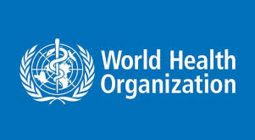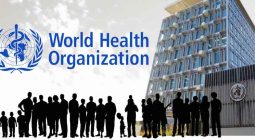The number of children who died before their fifth birthday has reached a historic low, dropping to 4.9 million in 2022.
According to the latest estimates released today by the United Nations Inter-agency Group for Child Mortality Estimation (UN IGME) more children are surviving today than ever before, with the global under-5 mortality rate declining by 51 per cent since 2000. Several low- and lower-middle-income countries have outpaced this decline, showing that progress is possible when resources are efficiently allocated to primary health care, including child health and well-being.
Established in 2004 UN IGME shares data on child mortality, improves methods for child mortality estimation, reports on progress towards child survival goals and enhances the capacity of countries to produce timely and properly evaluated estimates of child mortality.
Nearly, 4.9 million lives lost before the age of 5- nearly half of which were newborns – the lives of another 2.1 million children and youth aged 5-24 were also cut short. Most of these deaths were concentrated in sub-Saharan Africa and Southern Asia, the report added.
At current rates, 59 countries will miss the SDG under-5 mortality target, and 64 countries will fall short of the newborn mortality goal. That means an estimated 35 million children will die before reaching their fifth birthday by 2030—a death toll that will largely be borne by families in sub-Saharan Africa and Southern Asia or in low- and lower-middle-income countries.
This tragic loss of life is primarily due to preventable or treatable causes, such as preterm birth, complications around the time of birth, pneumonia, diarrhoea, and malaria, the report said.
“While there has been welcome progress, every year millions of families still suffer the devastating heartbreak of losing a child, often in the very first days after birth,” said WHO Director General, Dr Tedros Adhanom Ghebreyesus.
Also, the WHO’s “The Fair share” report outlines underinvestment in health systems results in a vicious cycle of unpaid health and care work, lowering women’s participation in paid labour markets, harming women’s economic empowerment and hampering gender equality.
Women comprise 67% of the paid global health and care workforce, the report highlights saying but women tend to be paid less and have poor working conditions that are commonly found in the health and care sector which needs to be recognized, valued and invested in all forms of health and care work.







